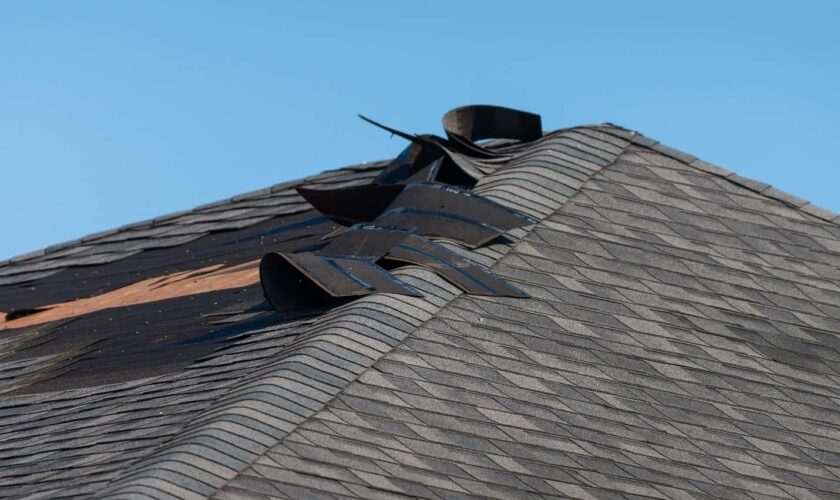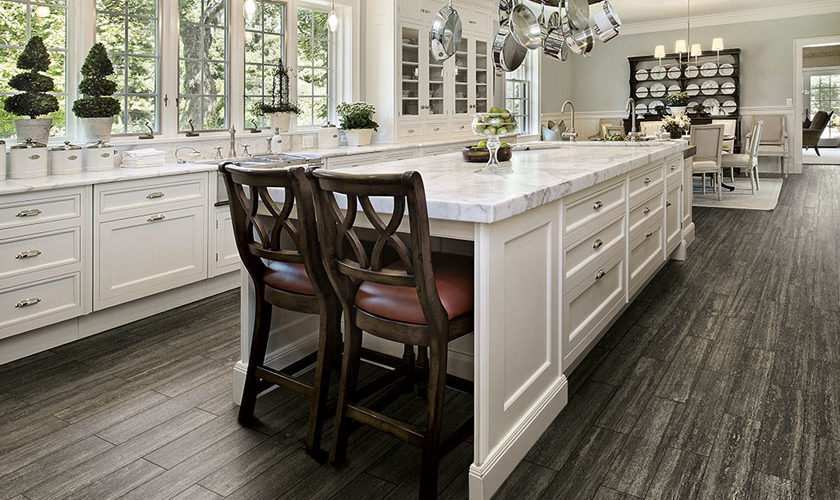Quality roof shingles work as a protective barrier to your property, aid to maintain your home properly protected, as well as possibly enhance your home’s total value. Knowing a bit about your shingle alternatives helps you discover budget-friendly and effective jobs to cover your house.
ASPHALT ROOF SHINGLES
Roofing shingles made from asphalt are amongst the most prominent and affordable. A few of the most crucial facts include:
- Some types consist of fiberglass, as well as natural tiles.
- Different colors, sizes, as well as designs are there to pick from.
- Many of them meet the standards, which enables you to save on energy expenses.
Among the biggest disadvantages of asphalt roof shingles is they do not get on quite possibly in areas where the temperature unexpectedly varies. There’s a likelihood a few of the roof shingles will split in such scenarios. There’s still a possibility the shingles could end up being damaged in temperate environments considering that they’re made from a weak product. Another thing to keep in mind with asphalt tiles is that they can just be utilized on roofing with a high incline.
Instances of shade, as well as design alternatives for asphalt roof shingles, include:
- Weathered timber
- Slate
- Bark wood
- Charcoal
If you require to fix a torn asphalt shingle, you have to raise, as well as include roofing cement beneath it, and after that, include more roof concrete over the top of it. With a crinkled edge, you utilize a roof covering the nail. With a roofing system leak, you can use metal flashing below the roof tiles to prevent water from getting across the roofing deck.
FIBERGLASS ROOFING SHINGLES
Fiberglass asphalt roofing is made from a fiberglass base floor covering and layered with a waterproof covering. Added attributes consist of:
- Lightweight
- Longer warranty
- Fire-resistant
- Not as costly as other roofing materials
- Resilient
- Resistance to UV rays
The fiberglass is made by overlapping wet fiberglass as well as using a urea-formaldehyde adhesive to bind it all with each other correctly. After that, the mat gets a finish of asphalt blended with a variety of mineral fillers to make the shingles waterproof.
ORGANIC SHINGLES
Organic asphalt tiles were initially made with timber chips, recycled rags, cardboard, as well as paper. The tiles were thought about:
- Waterproof
- Not as resilient as fiberglass
- Larger than fiberglass tiles
- Called “floor covering asphalt shingles”
- Inexpensive
However, organic shingles are easily prone to dampness, as well as saturation, which brings about a lot more hazardous issues, particularly in areas with high moisture or a lot of freezing temperature levels. This leads the roof shingles to degrade and damage much ahead of their 20-year life expectancy. Many property owners require to change their organic shingles with fiberglass options because of this issue.
If you want to contact a roofing service firm, please follow the link.

